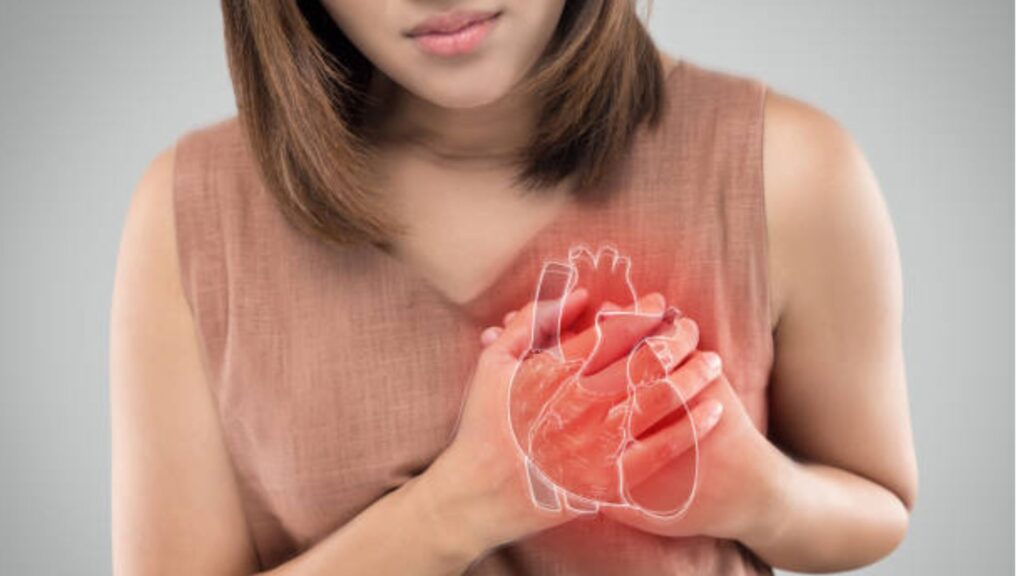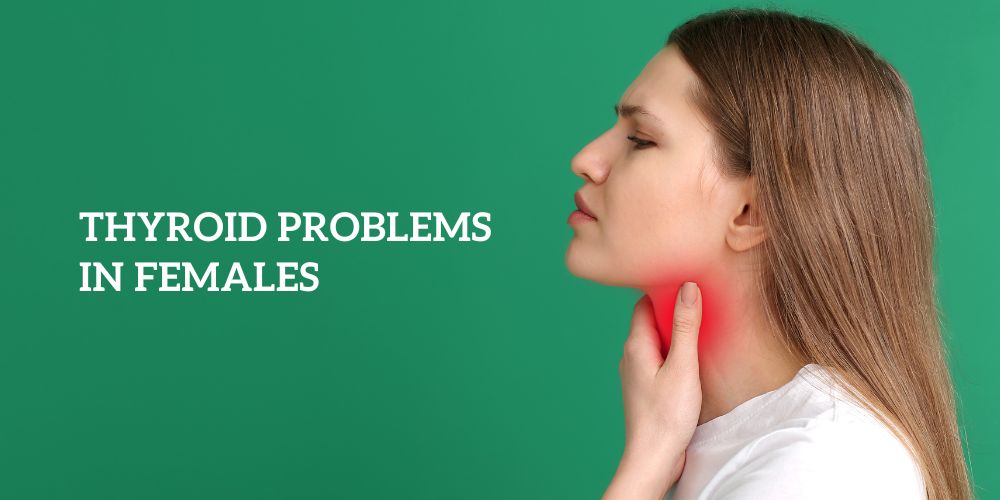Heart disease affects millions of individuals globally, but it’s vital to acknowledge that the symptoms of heart blockage can differ between genders. Often, the signs of heart blockage in females might manifest differently than in males, making it crucial to recognize and understand these distinctions. Heart blockage occurs when there is a disruption in the electrical signals that regulate the heartbeat. In women’s, recognizing the symptoms promptly can be pivotal in seeking timely medical attention and potentially preventing severe complications.
Heart disease is often associated with men, but it’s crucial to recognize that it’s the leading cause of death among women globally. Despite this alarming statistic, the signs and symptoms of heart disease in females can differ from those typically seen in men, leading to misdiagnosis or delayed treatment. Understanding these unique indicators is essential for early detection and intervention.
Signs and Symptoms of Heart Disease in Females
- Chest Discomfort or Pain: Women may experience chest pain, pressure, or discomfort, which can be different from the typical “crushing” sensation often associated with heart attacks in men. Some describe it as a sharp or burning pain, while others might feel pressure, squeezing, or fullness in the chest.
- Pain in Other Areas: Pain or discomfort might not be limited to the chest in females. It can radiate to the neck, jaw, upper back, or abdomen. Some women may mistake this discomfort for indigestion or muscle soreness.
- Shortness of Breath: Women with heart disease may feel shortness of breath, particularly during physical activities or even while resting. This sensation might be sudden and severe or gradually worsen over time.
- Unusual Fatigue: Feeling excessively tired or experiencing extreme fatigue, especially without an apparent cause, can be a symptom of heart disease in females. This fatigue might be accompanied by difficulty sleeping or an overall lack of energy.
- Dizziness or Lightheadedness: Some women may feel dizzy or lightheaded, which could indicate heart-related issues. This symptom might occur suddenly or persistently and could lead to fainting spells.
- Nausea or Vomiting: Women might experience nausea, vomiting, or stomach discomfort, which can be confused with gastrointestinal problems. These symptoms might occur during physical exertion or rest.
- Cold Sweats: Unexplained cold sweats, particularly in combination with other symptoms, might signal a heart-related issue in females.
- Jaw Pain or Upper Back Discomfort: Pain or discomfort in the jaw, upper back, or between the shoulder blades might be an atypical symptom of heart disease in women.
- Sleep Disturbances: Sleep disturbances, such as insomnia or waking up due to shortness of breath or discomfort, could indicate underlying heart problems in females.
- Anxiety or Unusual Sense of Impending Doom: Some women experience feelings of anxiety, unease, or a sense of impending doom without a clear cause, which might be associated with heart disease.

Women’s Heart Blockage Symptoms
Heart block occurs when the heart’s electrical signals are disrupted, leading to an abnormal heartbeat. Symptoms of heart block in females might include:
Fainting Spells:
Unexplained fainting or sudden loss of consciousness could be a sign of heart block. Women experiencing fainting episodes should seek medical attention to rule out heart-related issues.
Irregular Heartbeat:
Heart palpitations or irregular heartbeats might indicate heart block. Women might notice their heart skipping beats or beating too slowly, which requires prompt evaluation by a healthcare professional.
Chest Discomfort or Fatigue:
Similar to general heart disease symptoms, heart block might also cause chest discomfort or extreme fatigue in females.
Conclusion
Awareness of the signs and symptoms of heart disease, including heart block, in females is essential. By recognizing these subtle indicators, seeking timely medical attention, and making lifestyle changes, women can take proactive steps toward better heart health. Empowering women with knowledge about these symptoms is key to reducing the impact of heart disease and improving overall cardiovascular health.




